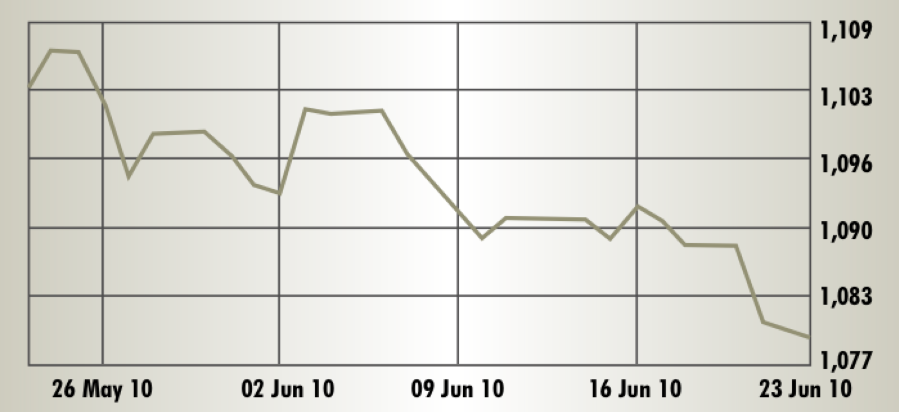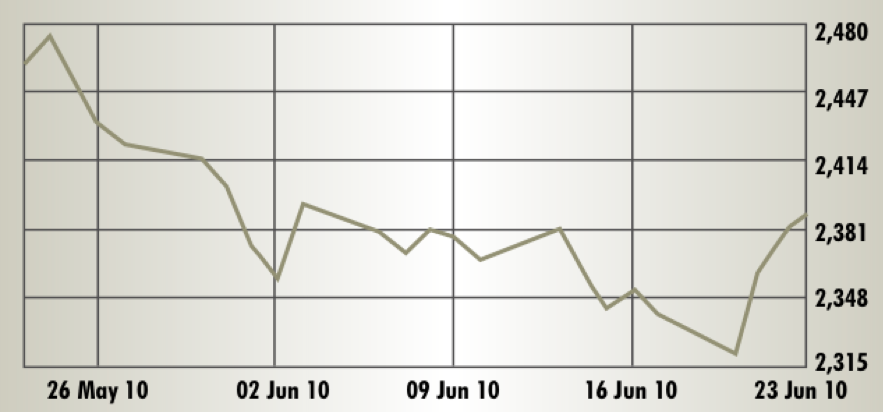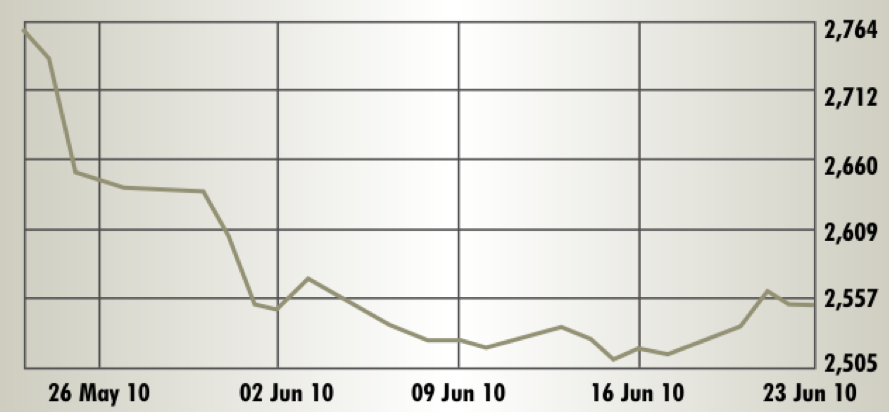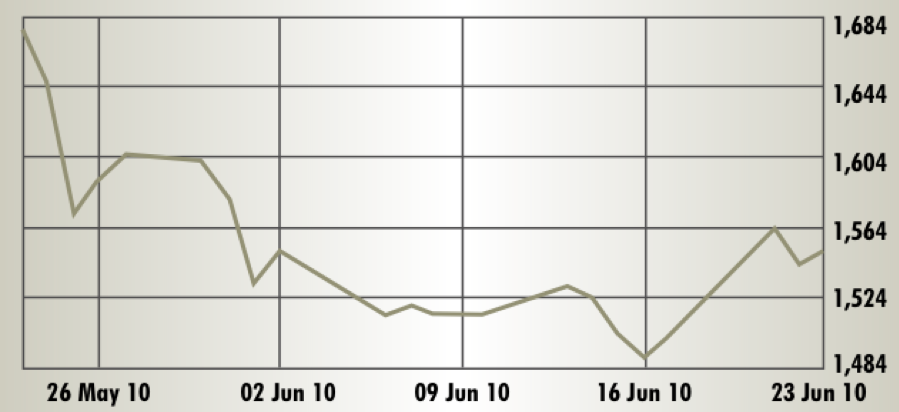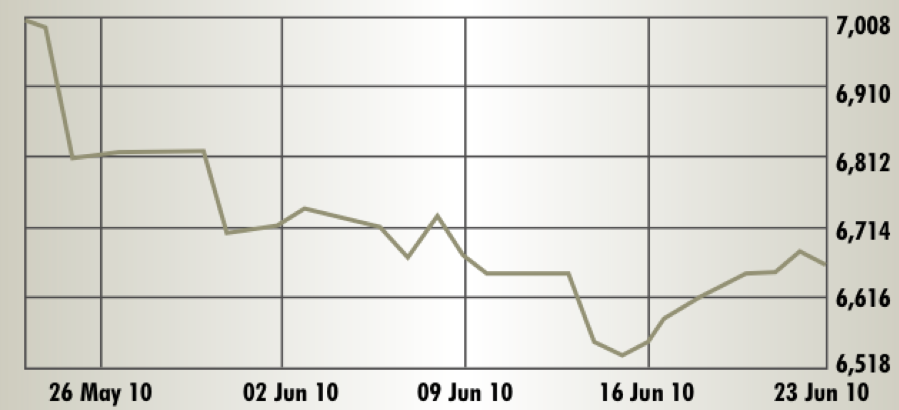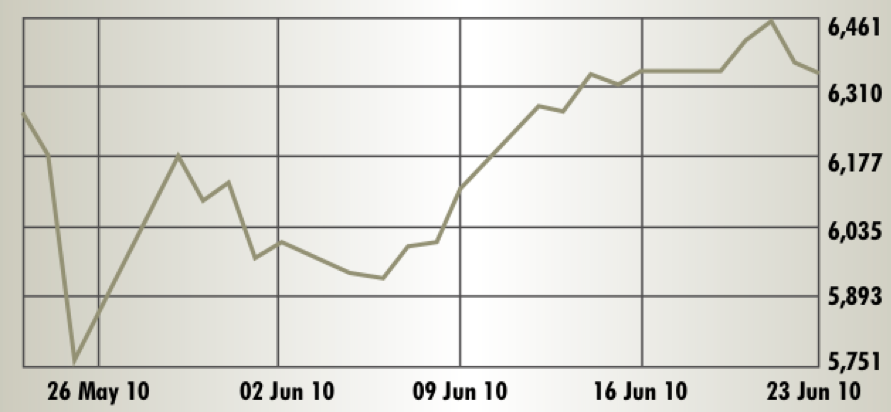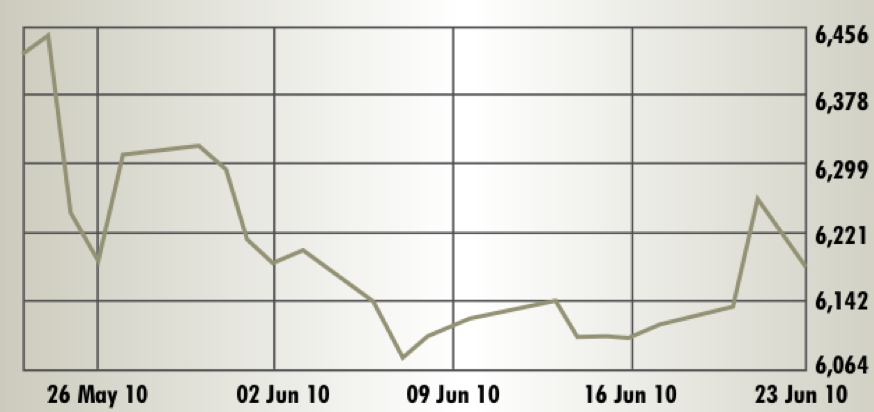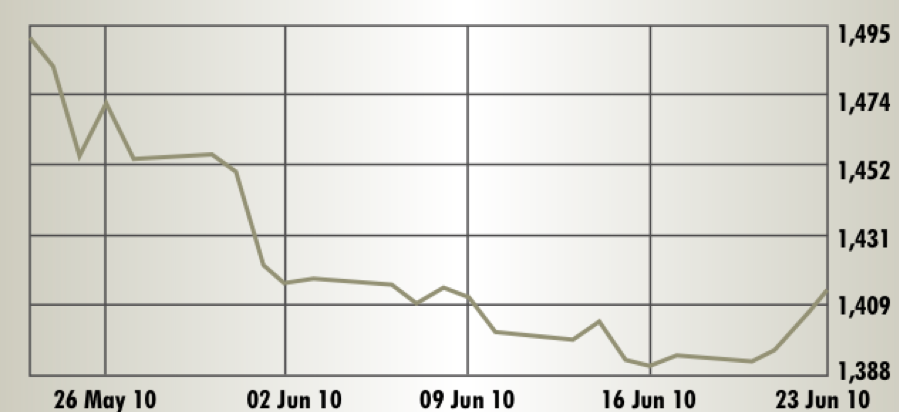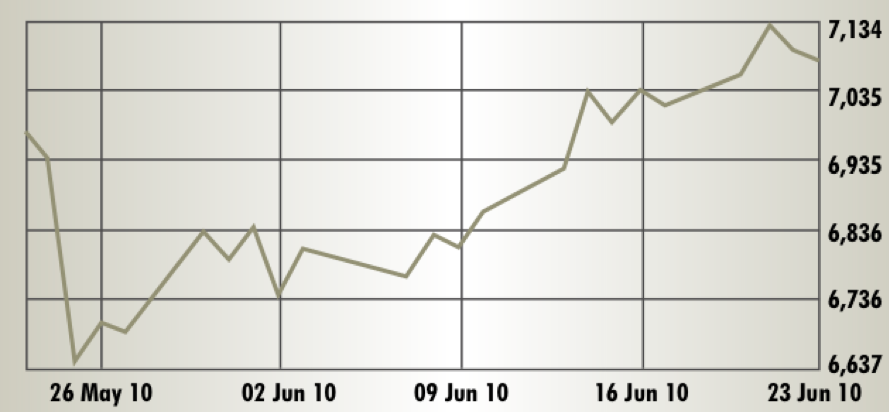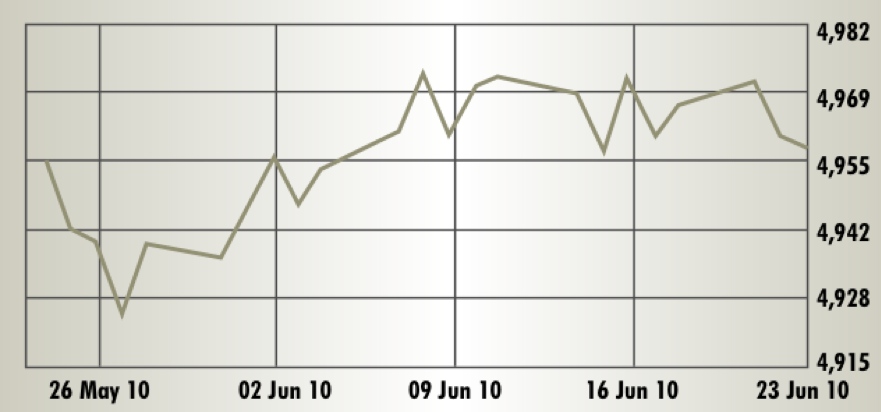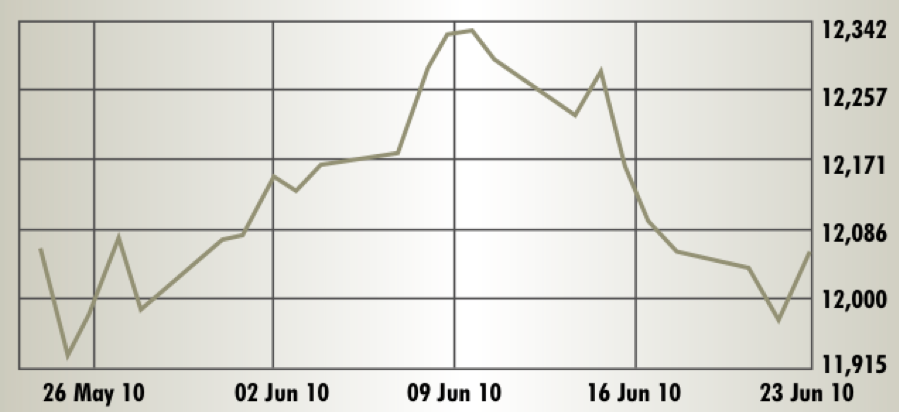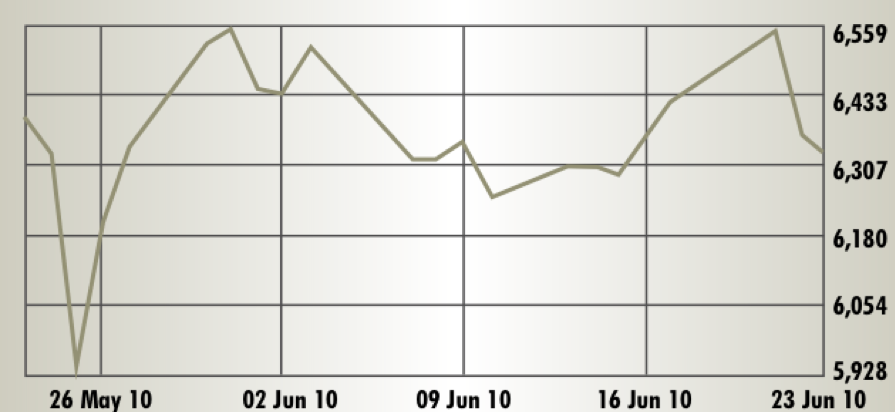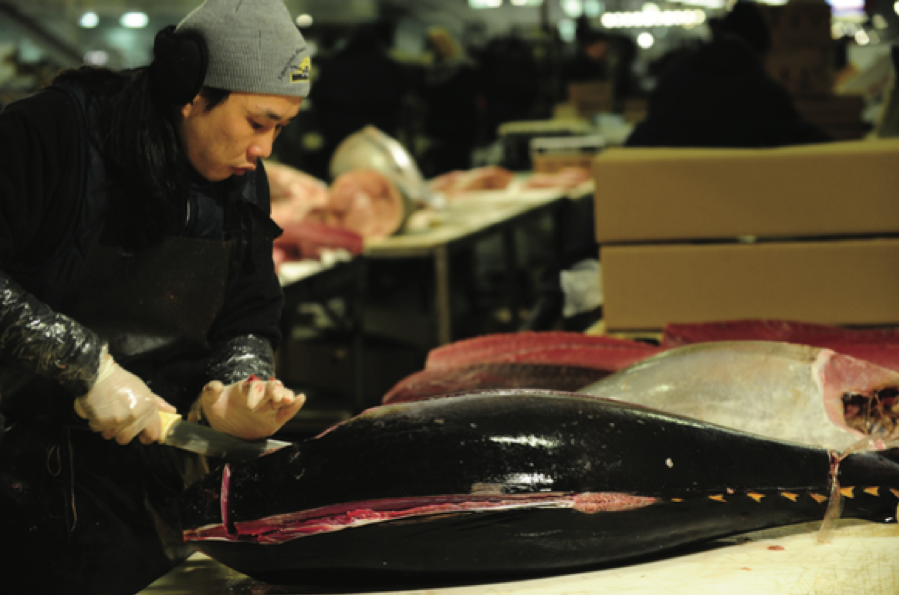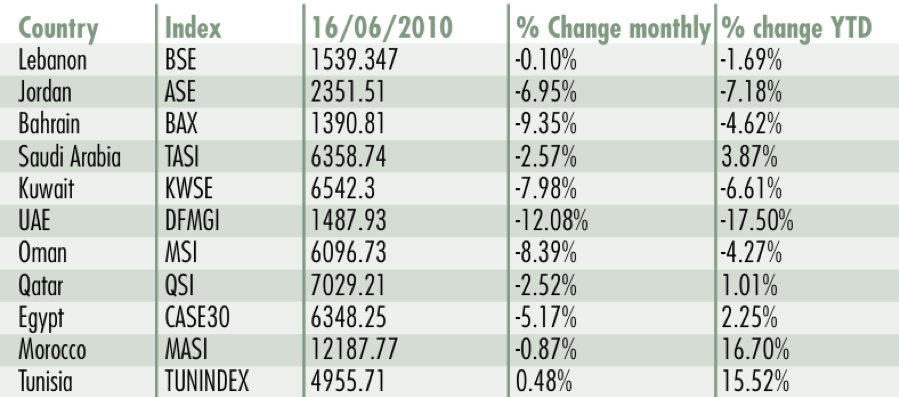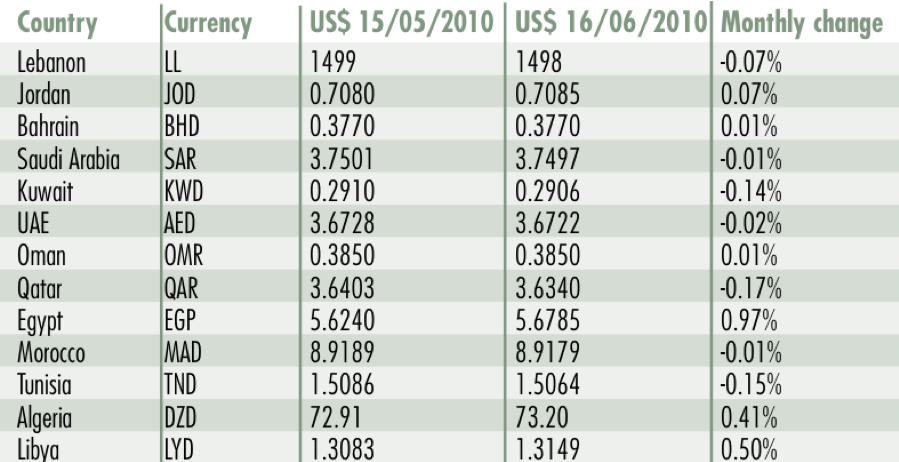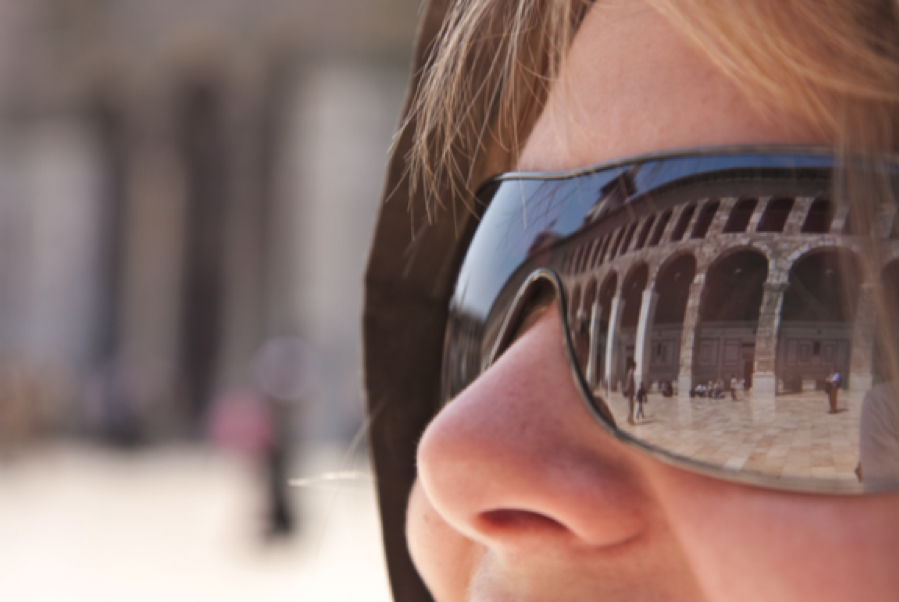As readers of a business magazine, I am no doubt preaching to the converted, but it really does pay to scan the financial pages to know what’s going on with the movers and shakers of this world. If you had confined yourself to reading ‘straight’ news and the op-ed pages, or watching TV news for that matter, you would have missed out on the biggest media deal in the Middle East this year. A deal that has been a long time coming and is set to have major implications for the region’s TV landscape.
In February, global media ‘emperor’ Rupert Murdoch, owner of News Corp, acquired a 9.09 percent stake for $70 million in Saudi Prince Alwaleed Bin Talal’s Rotana Group, which has six TV channels and is the world’s largest producer of Arabic music.
Murdoch has been itching to get into the booming Middle Eastern market to extend his control over the planet’s media consumption, with an empire already spanning the Americas, Australia, Europe and Asia with the Fox network, the Star TV network, Sky News and a plethora of newspapers including The Wall Street Journal (WSJ) and The Times of London. Signs of News Corp’s entry into the region started with Rotana launching two Fox channels last year. Then came the stake in Rotana, which sparked speculation that a Fox Arabic news channel was in the pipeline.
Bin Talal denied this in February, but in July the prince announced that he is to launch, independently of Rotana, a 24-hour Arabic news channel in partnership with the Fox network. Murdoch’s move into the region then took a further twist in mid-July, with news that British pay-TV broadcaster BSkyB, 39 percent owned by News Corp, is in talks with a private Abu Dhabi investor to launch an Arabic news channel.
Such developments would have previously lit up the news wires and the blogosphere, as happened when News Corp bought Dow Jones, owner of the WSJ, in 2007. Instead, the News Corp-Rotana deal seemed as if it had never happened. Few regional newspapers ran any form of commentary, and the news was nowhere to be seen outside the business pages.
Perhaps editors assumed that Bin Talal’s news channel, whenever it may launch, will have little impact, given that there are 487 Arabic satellite channels already broadcasting in the region. But one might have thought that in the Arab world, of all places, there would have been more than a muted response to the entry of a media empire that banged the drums of war louder than any other organization for the invasions of Afghanistan and Iraq, and, moreover, is rabidly pro-Zionist.
The more likely reason for the media’s silence is more alarming. Elsewhere, when News Corp expanded, people decried the fact that media consolidation would lead to less diversity in opinions and affect freedom of expression.
Yet in the Middle East, the major media outlets and newspapers have long been in the hands of the few. Bin Talal is the biggest shareholder in News Corp outside of the Murdoch family, at 7 percent, while he owns the majority stake in the Lebanese Broadcasting Corporation’s (LBC) satellite channel and is a stakeholder in Lebanese newspapers An Nahar and Al Diyar. Other Middle Eastern media heavyweights are owned by or linked to Gulf royalty. Clearly, no one wanted to ruffle any feathers or affect future job prospects by critiquing the deal. As Bin Talal is one of the richest men in the world, Murdoch’s buy-in is not solely about further monetary gain.
The prince said as much in February: “The [News Corp] transaction is way, way beyond finance… Rotana does not need to be financed. It has near zero debt.” Perhaps when Murdoch acquires a further stake in Rotana — which he is entitled to do in late 2011, to 18.8 percent — courageous voices in the media will speak up about what a strange tie-up this is, between a Saudi prince and a media mogul whose outlets continuously bash Arabs and Muslims while offering unflinching support for Western and Israeli military aggression in the very region where he is investing.
Or, perhaps, there will just be a short story in the business pages to let us know it is, well, business as usual.
PAUL COCHRANE is the Middle East
correspondent for International News Services


